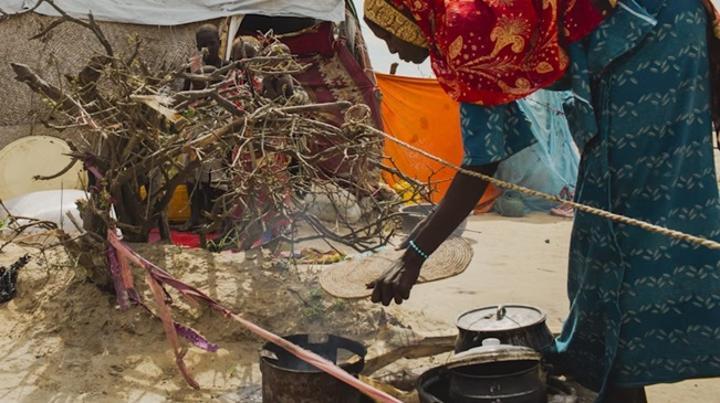Africa-Press – Tanzania. Hundreds of millions of dollars poured into Africa over the past year, with more expected, as part of an effort to end harmful cooking methods on the continent, according to the International Energy Agency.
Governments and the private sector have so far disbursed $470 million of the $2.2 billion pledged at an IEA event last year, exceeding the annualized disbursements needed to fulfil the commitments by 2030.
“We hope to see the same number this year, if not higher,” Executive Director Fatih Birol said in an interview. “Our hope is as a result of international efforts coming from Africa and beyond, this may be even higher. I see growing momentum and 2025 emerges in my view as a turning point.”
Across Africa, more than 900 million people — or about three-quarters of the population — rely on open fires and basic stoves that burn charcoal and wood to cook meals. That practice causes the death of over 800,000 people on the continent alone each year, mainly women and children, and worsens carbon emissions and deforestation.
The funds disbursed since last year include financing for the construction of two new liquefied petroleum gas terminals in Tanzania, stove factories in Malawi, a stove program in the Ivory Coast and fuel storages in Uganda and Nigeria, Birol said.
Carbon credits
Clean cooking investment in Africa rose to its highest year on record in 2023, reaching $675 million – a growth of about 10% year-on-year, according to an IEA report published on Friday. “Based on the pipeline of announced projects and expected market growth, investment in Africa’s cooking sector is set to reach new highs in 2024 and 2025.”
Carbon credits have also emerged as a key source of finance for cookstove projects, now representing about 10% of financial flows to the sector.
Revenue from clean cookstove carbon credits in Africa more than quadrupled to $107 million in 2024 from $25 million in 2020. Cookstove projects accounted for 80% of total energy carbon credit transactions in Africa over the past 10 years, mainly in Kenya, Uganda, Malawi, Ghana and Rwanda, The IEA said.
The aviation sector’s Carbon Offsetting and Reduction Scheme for International Aviation (CORSIA) could also increase demand for high quality cookstove carbon credits, according to the report.
For More News And Analysis About Tanzania Follow Africa-Press







